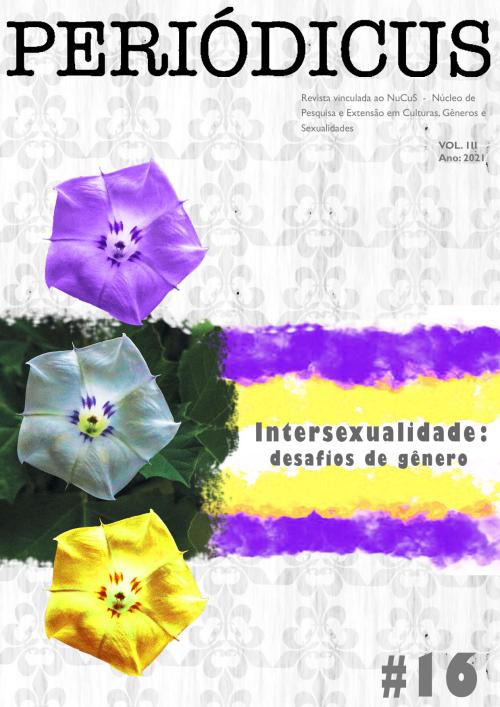Health and LGBTQIA+ population:
challenges and perspectives of the National Policy for Comprehensive Health of LGBT
DOI:
https://doi.org/10.9771/peri.v3i16.33474Abstract
This article seeks to problematize relevant aspects of the Brazilian Unified Health System (SUS) in the health of
the LGBTQIA+ population and discuss the National Policy for Comprehensive Health of Lesbians, Gays, Bisexuals, and
transsexuals (PNSI-LGBT). Instituted by Ordinance no. 2.836 in 2011, this policy aims to promote the integral health of
this population in an attempt to eradicate prejudice and reduce health inequalities. Moreover, it also discusses some psychological approaches to this topic. To address new ways of doing research in Psychology and other fields of knowledge, our methodological tool consists of the cartographic genealogy, which suggests the approximation and
complementarity of the concepts of genealogy and cartography proposed by Michel Foucault and Gilles Deleuze and Félix Guattari, respectively. Health services must embrace this population, thus providing greater access links, legitimizing PNSI-LGBT applicability, and guaranteeing rights to integral health and equal care for LGBTQIA+ people.
Downloads
Downloads
Published
How to Cite
Issue
Section
License
Copyright (c) 2021 Luciana Ferrari Gouvêa, Leonardo Lemos de Souza

This work is licensed under a Creative Commons Attribution-NonCommercial 4.0 International License.
Autores que publicam nesta revista concordam com os seguintes termos:
Autores mantêm os direitos autorais e concedem à revista o direito de primeira publicação, com o trabalho simultaneamente licenciado sob Licença Creative Commons Attribution Noncommercial que permite o compartilhamento do trabalho com reconhecimento da autoria e publicação inicial nesta revista, sendo vedado o uso com fins comerciais.
Autores têm autorização para assumir contratos adicionais separadamente, para distribuição não-exclusiva da versão do trabalho publicada nesta revista (ex.: publicar em repositório institucional ou como capítulo de livro), com reconhecimento de autoria e publicação inicial nesta revista.
Autores têm permissão e são estimulados a publicar e distribuir seu trabalho online (ex.: em repositórios institucionais ou na sua página pessoal) a qualquer ponto antes ou durante o processo editorial, já que isso pode gerar alterações produtivas, bem como aumentar o impacto e a citação do trabalho publicado (Veja O Efeito do Acesso Livre).







